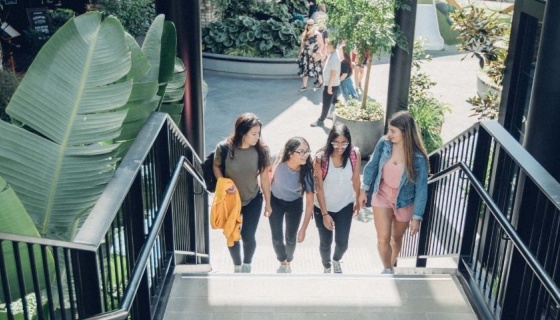Key findings
The overall impact of COVID-19 on Auckland’s young people
-
COVID-19 may have contributed to greater disengagement among youth
-
Young people in Auckland are nationally over-represented among new unemployment beneficiaries
-
COVID-19 had a negative effect on overall wellbeing
The impact on education and training
-
Learners generally felt well supported, but many reported facing difficulties
-
Auckland high school attendance seems to have been disproportionately affected
-
Tertiary course completions appear to have been impacted, especially for lower-level courses and for Māori learners
-
Tertiary enrolments are up in 2021 – with an emphasis on courses with an employment connection
The impact on youth employment
-
The number of jobs available rebounded strongly, surpassing pre-COVID-19 figures
-
COVID-19 may have increased the casualisation of employment for young workers
-
Sectors in which youth are over-represented have been particularly hard hit
-
Young workers’ hours and income were disproportionately affected by lockdowns
-
Youth were more likely to have experienced decreases in income or their hourly rate, compared to those aged 25–34
-
Overall, young people were more likely to report their employment status had been affected
What will the research be used for?
Insights from the COVID-19 and Auckland’s Youth Workforce Research Report will be used to support Tātaki Auckland Unlimited workforce development programmes and initiatives for young people.
If you have any questions about this research, please contact the Skills and Workforce team.

